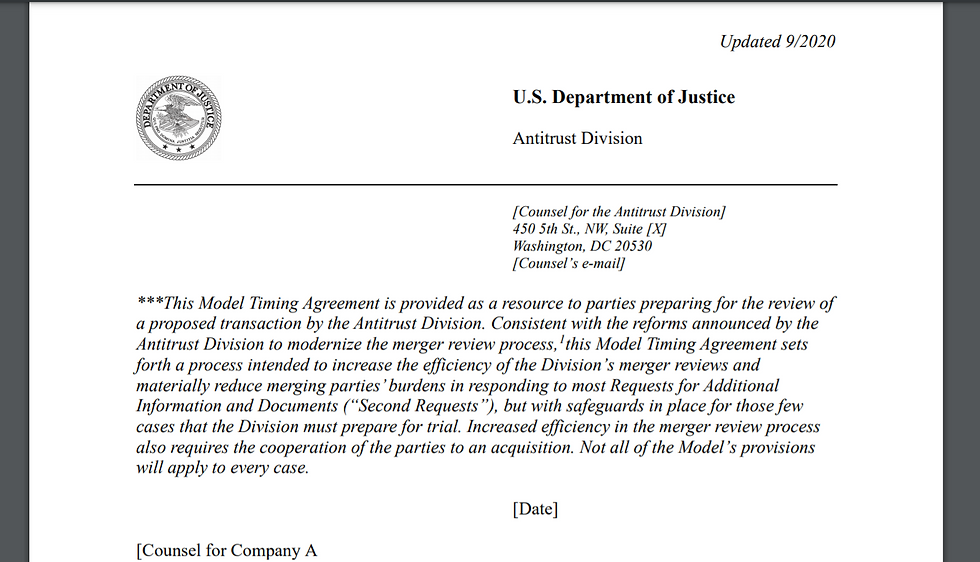Relativity's latest innovation is aiR for Review, which uses artificial intelligence to not only help find responsive documents, but also to describe why the document is relevant and cite to the parts of the document that make it relevant.
aiR is accessed in the Relativity mass operations menu.
. . . the litigation team enters a case summary using the same type of language you might use in a memorandum to describe the key players and key terms for a matter. A simple 2 to 5 sentence overview of the case should be provided:
The criteria to define exactly what should be regarded as relevant can be given as a description that you would send to another member of your team, rather than a series of keywords or sample documents.
When an individual document is viewed, the user can check a short summary of why it was found to be relevant, associated with the parts of the document that support this finding:
The process still requires a subject matter expert to not only devise the criteria used by aiR, but also to verify the initial results. A team of reviewers has to validate the findings generated by aiR on a statistical sample of the full document set.
When using aiR, Relativity recommends providing information clearly, but also as briefly as possible. The active voice should be used (so, "Mr. Johnson embezzled the bank's funds.", and not, "The bank's funds were embezzled by Mr. Johnson.") and double negatives should not be used. (Don't say, "Johnson can't hardly wait until the deal becomes final."). It is also necessary to avoid the qualifier, "including but not limited to".












